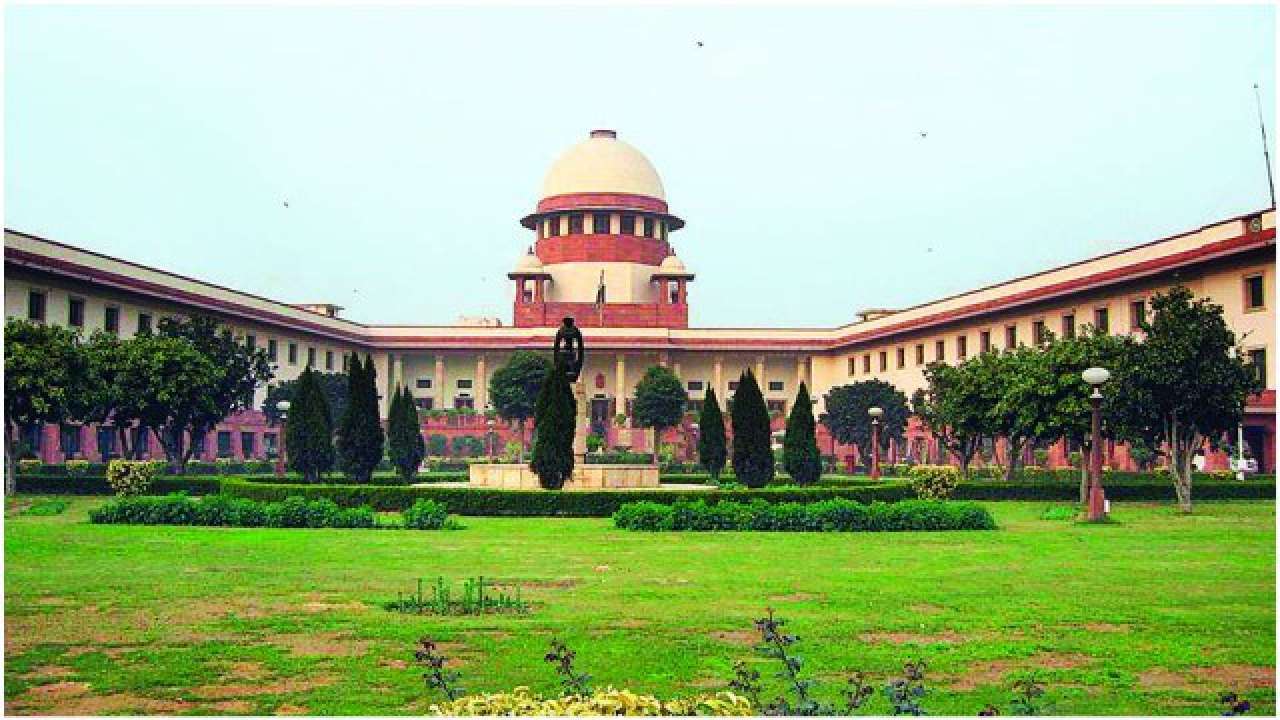November 16, 2023
Supreme Court Issues Guidelines for Swift Resolution of Criminal Cases Against Lawmakers

Introduction
- The Supreme Court of India has recently issued comprehensive guidelines to expedite the resolution of criminal cases involving Members of Parliament (MPs) and Members of Legislative Assemblies (MLAs) across the country. This initiative seeks to tackle the longstanding issue of lawmakers facing criminal charges, addressing the need for a more efficient legal process.
Background
Advocate’s Plea
- These guidelines stem from a plea filed by advocate Ashwini Kumar Upadhyay in August 2016, highlighting the urgency in handling cases involving legislators. Upadhyay’s plea specifically called for a lifetime ban on convicted politicians, challenging the existing six-year disqualification outlined in Section 8(3) of the Representation of People Act, 1951.
Understanding the Representation of People Act (RPA), 1951
Purpose and Content
- The RPA, 1951, introduced by Dr. BR Ambedkar, governs the conduct of elections to India’s parliament and state legislatures. It encompasses various aspects, including qualifications and disqualifications for membership, corrupt practices, and offenses related to elections.
Section 8 and 8(3)
- Section 8 of the RPA deals with the disqualification of legislators on conviction for certain offenses. Notably, Section 8(3) stipulates a six-year disqualification for individuals convicted of offenses with a minimum two-year prison sentence.
Supreme Court’s Ruling
Guidelines for Speedy Disposal
- Led by Chief Justice DY Chandrachud, the Supreme Court has laid down guidelines to ensure the prompt resolution of pending criminal cases against lawmakers.
Suo Motu Cases
- High courts across India are directed to establish a “special bench” dedicated to overseeing criminal cases involving legislators. Additionally, high courts have the authority to register such cases proactively.
Flexible Approach
- The Supreme Court allows chief justices of high courts to personally hear these cases or designate specific benches. The special bench is granted the flexibility to list cases regularly and seek assistance from legal experts.
High Court Role
- The efficient management of these cases is delegated to high courts, empowering them to devise suitable measures. High courts can issue orders and directions for effective case disposal, involving the Principal District and Sessions Judge in allocating cases to appropriate courts.
Priority Cases
- The Supreme Court emphasizes prioritizing cases against lawmakers that carry the possibility of death or life imprisonment. Cases with sentences of five years or more are also given precedence.
Conclusion
- The Supreme Court’s guidelines mark a significant step towards expediting the resolution of criminal cases against MPs and MLAs, ensuring timely justice. While addressing the issue of speedy disposal, the larger question of replacing the six-year disqualification with a lifetime ban remains open for future consideration. This development underscores the judiciary’s commitment to enhancing the efficiency and integrity of the legal system in dealing with cases involving elected representatives.
Daily Gist : The Hindu/Indian Express : 30 Jan 2025
January 30, 2025
Gist of editorial : the Hindu/ Indian Express/20 Jan 2025
January 20, 2025
Daily the Hindu/ Indian Express Editorial Gist: 14 Jan 2025
January 14, 2025
